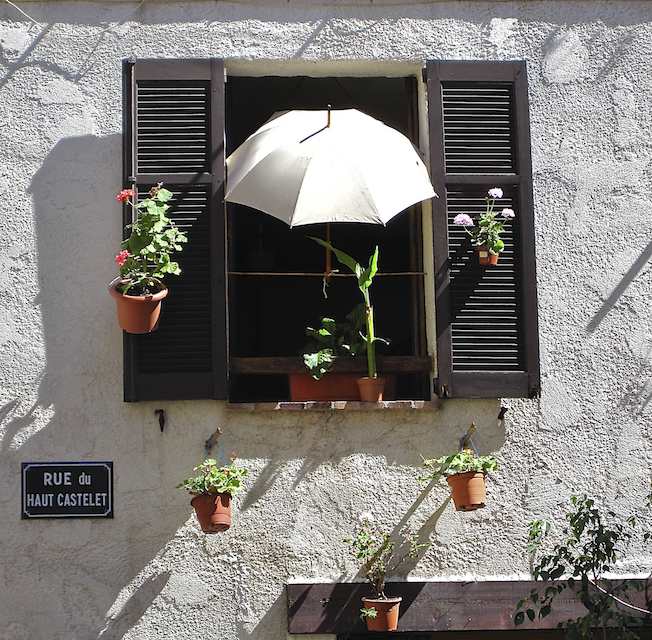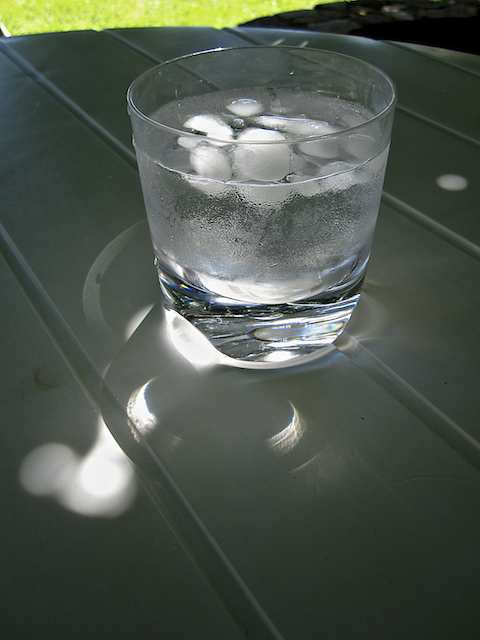In one of those delicious juxtapositions that happen only once or twice in a decade, today’s Guardian carries an affectionate obit by Ian Aitken of Andrew Roth, the Jewish refugee from McCarthyism whose volumes of Parliamentary Profiles became the undisputed authority on the careers, lives and foibles of British MPs, alongside an obituary of one of those former MPs — Andrew Gorst — written by… you guessed it… Andrew Roth.
Android and upwards
From the latest Gartner report.
In the smartphone operating system (OS) market, Android expanded rapidly in the second quarter of 2010, overtaking Apple’s iPhone OS to become the third-most-popular OS in the world.
The rankings for the second quarter of 2010 are:
Symbian (41.2%)
RIM (18.2%)
Android (17.2%)
iOS (14.2%)
Windows Mobile (5.0%)
Linux (2.4%)
Others (1.8%)
This time last year, Symbian had 51% and Android 1.8% of the market. Apple had 13%.
Ugliness: the philosophical dimension
Nice column in today’s NYTimes by Andy Martin. He’s fascinated by the question that puzzled so many people in the decades between 1940 and 1970, namely why was Jean-Paul Sartre so attractive to women? Sadly, he doesn’t really have an answer. Here’s his take on it:
I think it has to be said that a haircut can have significant philosophical consequences. Jean-Paul Sartre, the French existentialist thinker, had a particularly traumatic tonsorial experience when he was only seven. Up to that point he had had a glittering career as a crowd-pleaser. Everybody referred to young “Poulou” as “the angel.” His mother had carefully cultivated a luxuriant halo of golden locks. Then one fine day his grandfather takes it into his head that Poulou is starting to look like a girl, so he waits till his mother has gone out, then tells the boy they are going out for a special treat. Which turns out to be the barbershop. Poulou can hardly wait to show off his new look to his mother. But when she walks through the door, she takes one look at him before running up the stairs and flinging herself on the bed, sobbing hysterically. Her carefully constructed — one might say carefully combed — universe has just been torn down, like a Hollywood set being broken and reassembled for some quite different movie, rather harsher, darker, less romantic and devoid of semi-divine beings. For, as in an inverted fairy-tale, the young Sartre has morphed from an angel into a “toad”. It is now, for the first time, that Sartre realizes that he is — as his American lover, Sally Swing, will say of him — “ugly as sin.”
“The fact of my ugliness” becomes a barely suppressed leitmotif of his writing. He wears it like a badge of honor (Camus, watching Sartre in laborious seduction mode in a Paris bar: “Why are you going to so much trouble?” Sartre: “Have you had a proper look at this mug?”). The novelist Michel Houellebecq says somewhere that, when he met Sartre, he thought he was “practically disabled.” It is fair comment. He certainly has strabismus (with his distinctive lazy eye, so he appears to be looking in two directions at once), various parts of his body are dysfunctional and he considers his ugliness to count as a kind of disability. I can’t help wondering if ugliness is not indispensable to philosophy. Sartre seems to be suggesting that thinking — serious, sustained questioning — arises out of, or perhaps with, a consciousness of one’s own ugliness…
Waiting for the gong
We are all Ancient Egyptians now
This morning’s Observer column.
I’ve just discovered that the ancient Egyptians worshipped a beetle – a scarab. Quaint, isn’t it? I mean to say, we’ve come on such a lot since those primitive times.
But what’s this? A note from my Guardian colleague, Charlie Brooker, about something he calls the Jabscreen. “Several times over the last year,” he writes, “I’ve attended meetings that started with everyone present gently placing their Jabscreen face-down on the table, as though commencing a futuristic game of poker. It wasn’t rehearsed, wasn’t planned, it just happened; a spontaneous modern ceremony.” Charlie was struck by “the sight of a roomful of media types perched reverentially around their shiny twit machines… each time it happened, a vague discomfort would hang in the air until, in a desperate bid to break the tension, someone would mumble a sardonic comment about the sinister ubiquity of the Jabscreen, likening it to Invasion of the Body Snatchers.”
Cote d’Azur doggie
Displaying a good deal more sense than his master, who was roasting quietly in the sun.
Flickr version here.
Quote of the Day
The 20th century was about sorting out supply. The 21st is going to be about sorting out demand. The Internet makes everything available, but mere availability is meaningless if the products remain unknown to potential buyers.
Gavin Potter, a competitor for the Netflix prize, quoted in a Wired Profile.
Thanks to Lorcan Dempsey for the original link.
Shade
The ice beaker
Flickr version here.
Why university websites suck
Ever wondered why so many university websites are totally useless? Well this explains it neatly in one Venn diagram.
You’d have thought that universities would have figured out the Web by now. The reason they haven’t, of course, is that their official sites are usually the responsibility of the development (aka fundraising) or PR departments, and these people are exclusively focussed on the messages they wish to project, rather than thinking about what users and visitors might actually want.
Thanks to Laura James for the link.





